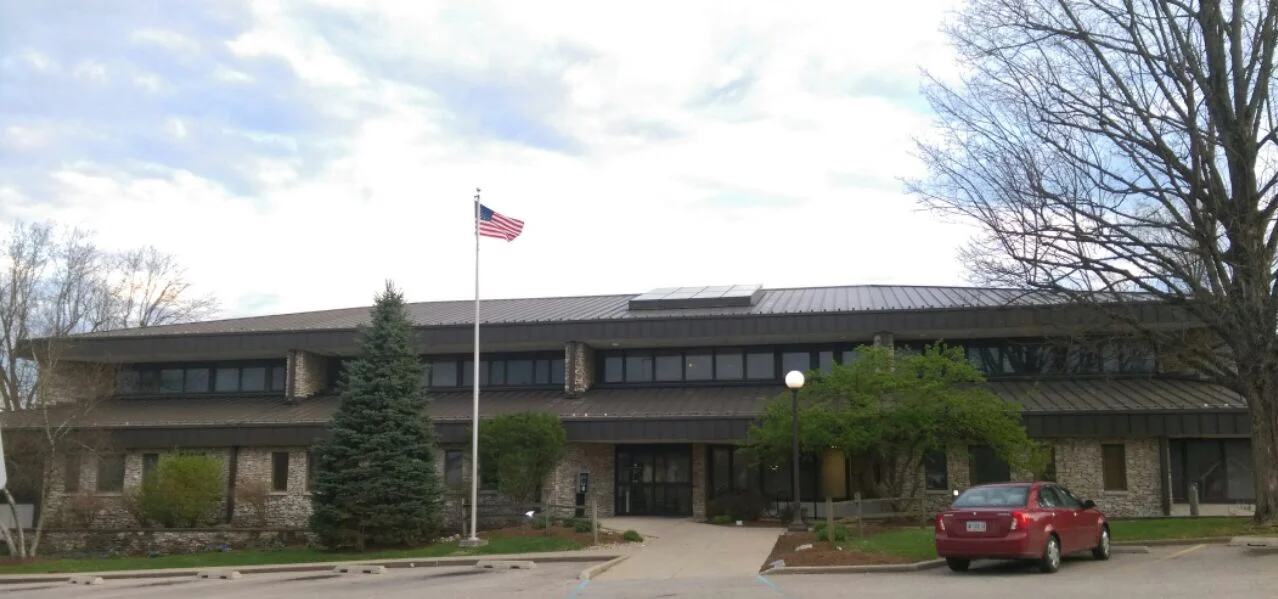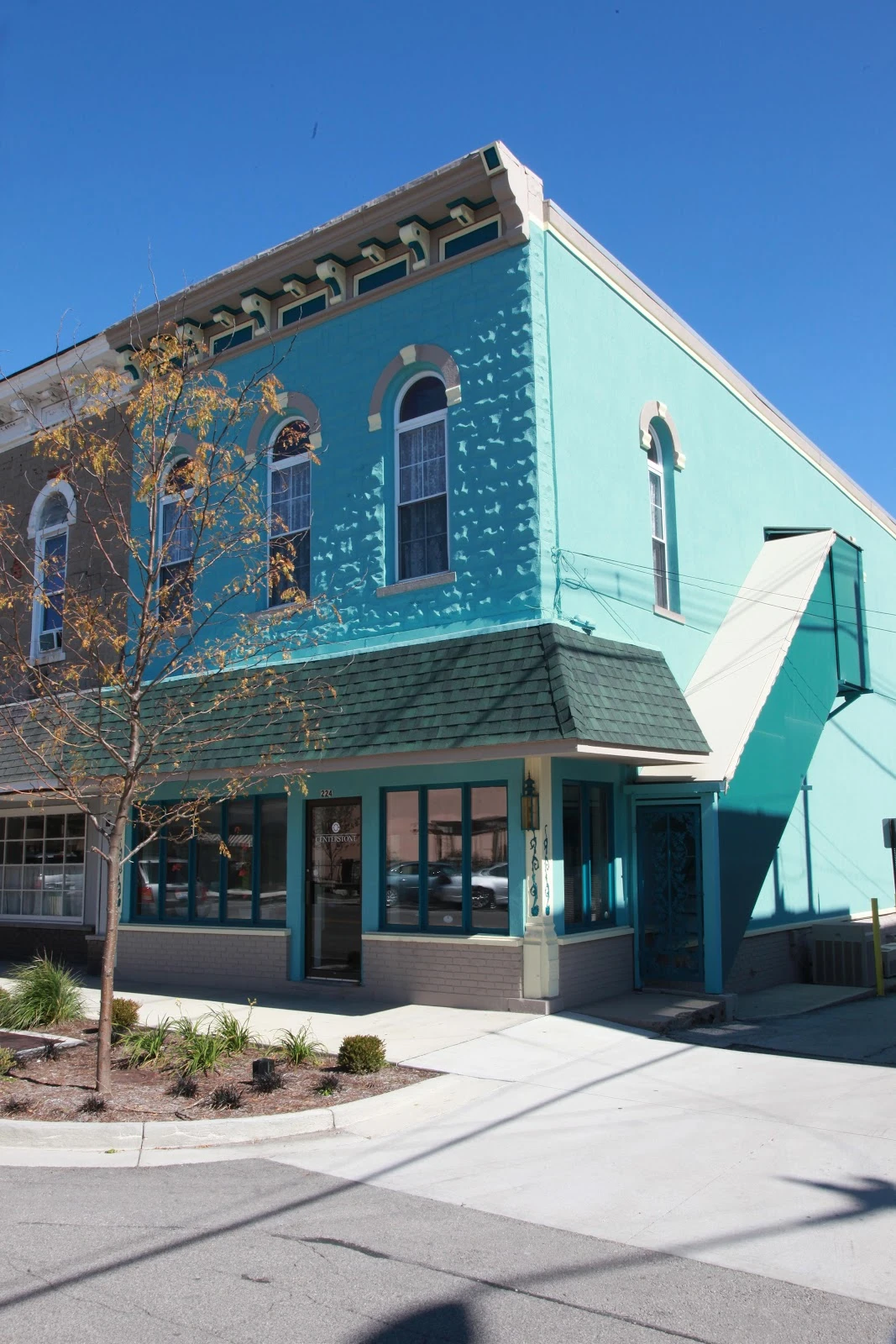Centerstone Information
Treatment
Who We Treat
- Children
- Teens / Adolescents
- Adolescents
- Male and Female
Treatment Focus
- Children
- Licensed Primary Mental Health
- Drug Addiction
Approaches
- Personalized Treatment
- Evidence-Based
- Family Involvement
- Family Therapy
- Group Therapy
- Cognitive Behavioral Therapy (CBT)
- Motivational Interviewing
- 1-on-1 Counseling
- Medication-Assisted Treatment (MAT)
- Life Skills Training
- Relapse Prevention Counseling
Conditions We Treat
- Depression
- Anxiety
- Bipolar Disorder
- Post Traumatic Stress Disorder (PTSD)
- Obsessive Compulsive Disorder (OCD)
- Trauma
- Bipolar
- Co-Occurring Disorders
Substances We Treat
- Alcohol
- Prescription Drugs
- Heroin
- Opioids
- Methamphetamine
- Synthetic Stimulants (Bath Salts)
- Synthetic Drugs
Languages
- English
Aftercare
- Discharge Planning
- Relapse Prevention Planning
- Continuing Care
- Support Meetings
Level of Care
- Outpatient
- Aftercare/Continuing Care
Experience
On-Site Amenities
- Air-Conditioned Rooms
Smoking and Vaping Policy
- Smoking Allowed in Designated Areas
- Vaping Not Allowed
Accreditations
-
Federally Qualified Health Center
Federally Qualified Health Center (FQHC) accreditation is a process of evaluation and recognition by the federal government for community health centers that provide comprehensive and accessible healthcare services to underserved populations. FQHC accreditation is essential for centers to receive federal funding and to ensure that they meet standards for quality, patient-centered care.
Additional Locations
Centerstone Accepts The Following Insurance Plans
Find the best treatment options. Call our free and confidential helpline today!






